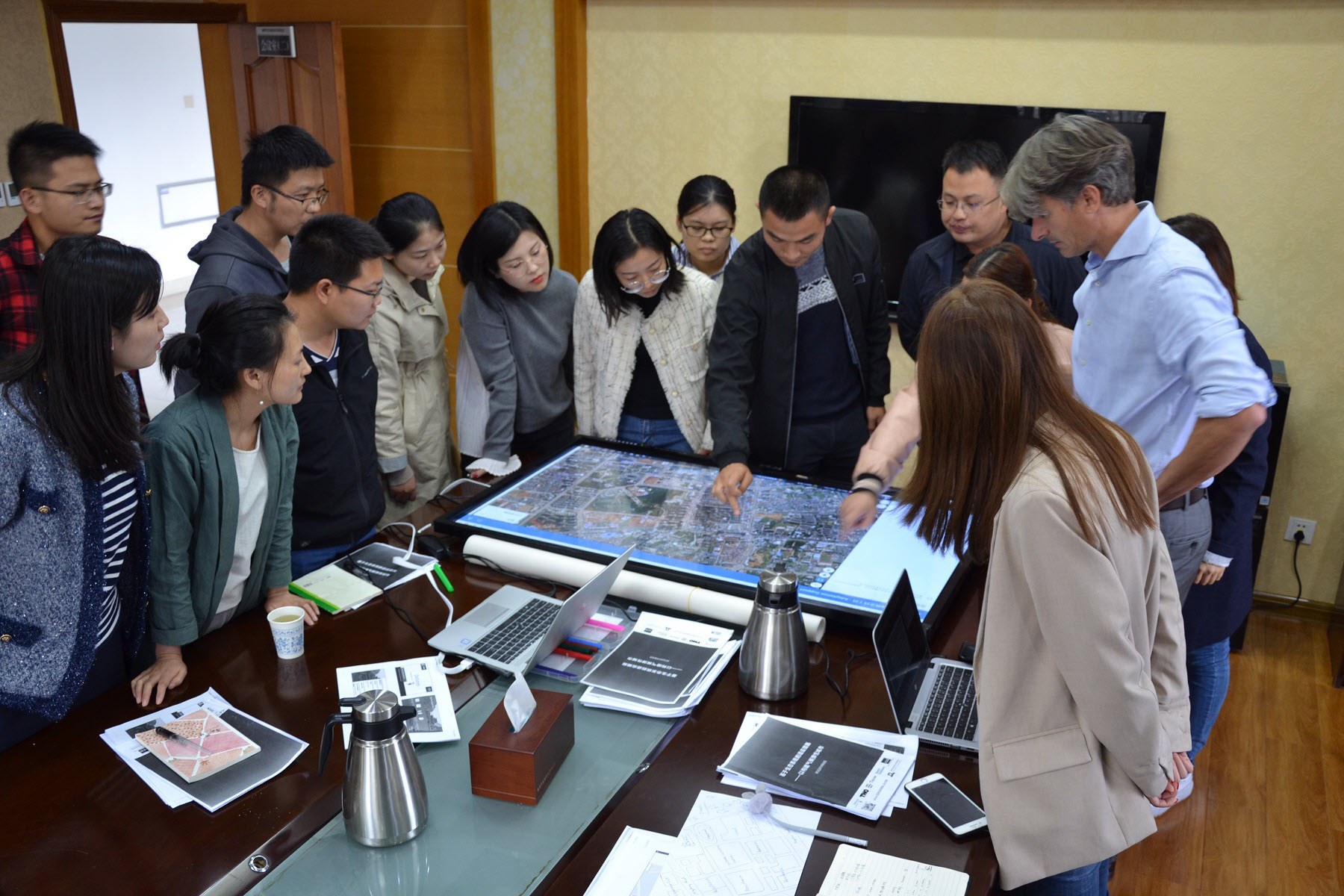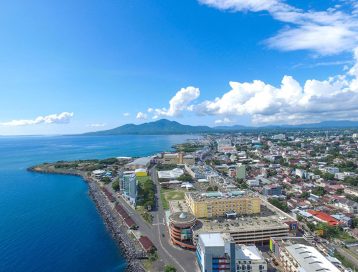Pre-feasibility study of ecosystem-based adaptation measures for Xiangtan
The Asian Development Bank (ADB) assigned Deltares and Ewaters a pre-feasibility study on suitable ecosystem-based adaptation (EbA) measures for Xiangtan, People’s Republic of China, in the context of its Xiangtan Low-Carbon Transformation Sector Development Program.
This assignment included:
- a climate and flood risk assessment for the city
- an overview of potential ecosystem-based adaptation measures, their application and construction,
- development and customizstion of the Xiangtan Resilient City Toolbox to support the planning of potential ecosystem-based adaptation measures
- making conceptual designs and pre-feasibility studies for three pilot areas in the city
- an urban adaptation assessment for 20 low carbon communities
- training on ecosystem-based adaptation and on the use of the Toolbox and
- collaborative planning workshops to draft the required conceptual designs.
Relevant data

The study started with an assessment of the relevant bureaus, departments and other actors and their role in the planning process so that these could be invited for the trainings and workshops. Disclosing the data needed for the flood hazard mapping and for customising the Resilient City Toolbox for the climate conditions and cost level is Xiangtan proved to be another challenge.
This data was also used to set targets for the storage (sponge) capacity that would be needed to avoid flooding from the heavy rainfall events the area suffers from every now and then. Storage Discharge Frequency (SDF)-curves were used to find the appropriate combination of storage capacity and discharge capacity with the required flood safety standards for critical infrastructure like main roads and hospitals.
Three pilot areas
The flood hazard map was used to make site visits and select 3 pilot areas. Conceptual designs were made for Baota Road Fuxing Middle Road and the campus of the new Chinese Medicine Hospital during collaborative design workshops with representatives of the relevant parties. Participants first attended a training workshop on Ecosystem-based Adaptation and the use of the Toolbox. The conceptual designs were elaborated to make cost estimates of the constructions and discuss their feasibility. Moreover a quick-scan was made on the applicability of Ecosystem-based Adaptation measures in 20 communities in Xiangtan.
The training program on Ecosystem-based Adaptation and the Xiangtan Resilient City Toolbox was repeated in Changsha for participants from other cities in Hunan province.

